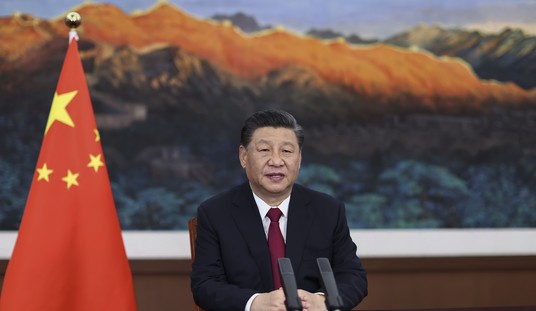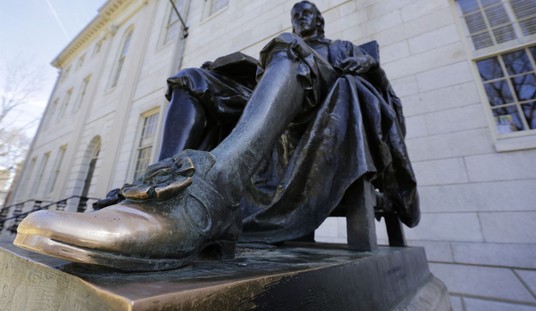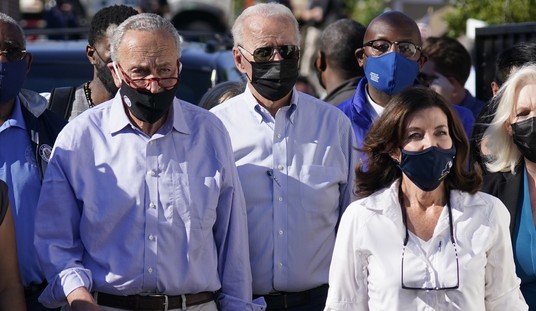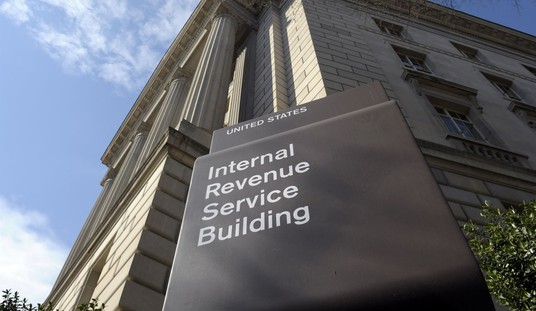Amid former President Donald Trump pleading not guilty in a federal court to an indictment containing 37 charges on Tuesday, he has achieved one recent minor legal victory. A New York judge allowed his case against his niece, Mary Trump, to proceed, with the decision coming on Friday, the day after Mr. Trump announced his federal indictment. Judge Robert R. Reed, denied Mary Trump’s motion to dismiss the case, which was brought by the former President alleging a violation of a confidentiality agreement from 2001 regarding the estate of his late father, Frederick Christ “Fred” Trump, who passed away in 1999.
The court determined that Trump had a valid breach of contract claim, ruling that he had established a substantial legal basis. Judge Reed wrote in his ruling:
Plaintiff has established, at least at this pre-discovery stage, ‘a substantial basis in law’ for the pursuit of such claim.
Alina Habba, an attorney for Donald Trump, said that they intend to hold Mary Trump accountable for her “blatant breach of confidentiality obligations.” Habba stated that they will be seeking damages in the case, saying:
Mary Trump had already received a lucrative settlement in the estate proceedings, but she greedily sought to exploit the situation further by disclosing confidential information in violation of an agreement that she freely signed. She will not be permitted to benefit from her bad-faith conduct, and we eagerly anticipate seeking compensation for the harm caused to my client.
Some of the former president’s financial records were used as part of the probate dispute among family members. Trump alleges his niece used confidential financial records for her 2020 book Too Much and Never Enough: How My Family Created the World’s Most Dangerous Man, and gave the information two years prior to The New York Times. The publication ran a 2018 story about Trump’s taxes and received the prestigious Pulitzer Prize for the report. In her book, Mary Trump admitted that she had supplied documents to the NYT.
Mary Trump has argued that her work is protected by the First Amendment and free speech rights, claiming the former President’s lawsuit against her violated state law on frivolous litigation and was “aimed at chilling freedom of speech and the press.” This argument was previously successful when Trump sued the NYT, where Judge Reed dismissed the case ruling that the story was protected by the First Amendment and ordered the former President to pay the paper’s legal fees.
Mary Trump is expected to file an appeal following the recent ruling, marking her second legal setback in litigation against her uncle. In November, Judge Reed dismissed her previous fraud lawsuit, where she accused the former President and his siblings of defrauding her of her minority share in the family business. The judge concluded that Mary Trump had clearly waived her right to sue in the same settlement referenced by Donald Trump. Currently, Mary Trump is appealing the decision made in that ruling.
In a separate development, Mary Trump has collaborated with E. Jean Carroll, who previously won a defamation lawsuit against Donald Trump, planning to write a romance novel titled, The Italian Lesson. Reports claim that the novel will not mention Donald Trump. Trump has filed for a reduction in damages awarded or a new trial in the E. Jean Carroll case.













Join the conversation as a VIP Member